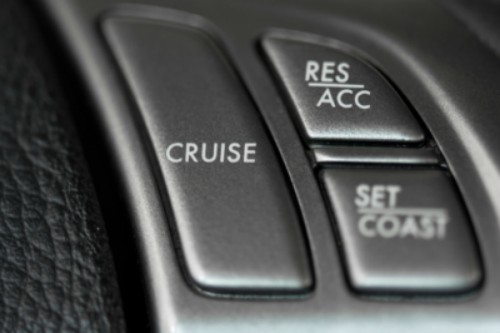The cost of filling a car up with fuel nowadays has slowly increased throughout the years, most people would say this is down the speed zones you travel within or how frequently you drive. We go into what other factors which could also be affecting your fuel consumption and give you some money saving tips.
Less fuel = More fuel
What we mean by this is, if you tend to be an urban driver, only fill half a tank of fuel – less weight will help fuel economy.
Planning your route
When cold starting your car, this takes a lot of work for the engine to warm up. As once the engine is warm, it will operate as its most efficient whereas many cold starts will increase fuel consumption – regardless if the total mileage was the same. Therefore, it is best to plan your route so it’s all one round-trip.
Less fuel = More fuel
What we mean by this is, if you tend to be an urban driver, only fill half a tank of fuel – less weight will help fuel economy.
Planning your route
When cold starting your car, this takes a lot of work for the engine to warm up. As once the engine is warm, it will operate as its most efficient whereas many cold starts will increase fuel consumption – regardless if the total mileage was the same. Therefore, it is best to plan your route so it’s all one round-trip.
Maintaining your vehicle
By keeping on top of the maintenance of your car and servicing it when required, it will improve the efficiency e.g. your tyres or your oil levels. By doing so, it can improve your fuel consumption, as poorly-maintained engines will run less efficiently and use more fuel. Having deflated tyres will have the same effect.
Clearing out your car
When it comes to moving weight, your car requires energy – so the more weight you should move, the more energy the engine needs. Therefore, it’s important to get rid of anything you don’t think is necessary for your car journey, such as a snow shovel in the summertime wouldn’t be effective, but also by simply taking out random plastic bags or clutter can be a significant difference too.
By keeping on top of the maintenance of your car and servicing it when required, it will improve the efficiency e.g. your tyres or your oil levels. By doing so, it can improve your fuel consumption, as poorly-maintained engines will run less efficiently and use more fuel. Having deflated tyres will have the same effect.
Clearing out your car
When it comes to moving weight, your car requires energy – so the more weight you should move, the more energy the engine needs. Therefore, it’s important to get rid of anything you don’t think is necessary for your car journey, such as a snow shovel in the summertime wouldn’t be effective, but also by simply taking out random plastic bags or clutter can be a significant difference too.
 Using cruise control efficiently
Using cruise control efficientlyIf you were to use cruise control all the time, this would be ineffective and cause an increased fuel consumption, as it’s only right to drive on a constant flat surface, such as motorway driving.
One of the important factors to saving fuel is driving at a constant speed, therefore cruise control can do this effectively on flat surfaces, making your car fuel efficient as possible by negating unnecessary acceleration.
The reason why cruise control isn’t ideal to use on un-even or uphill roads, is that its slow to reacting to gradient changes, meaning if you were to reach the brow of a hill – this is the point where you would normally take your foot off the accelerator to maintain more of a constant speed when descending - your cruise control will keep the power on for a little longer, unable to see the gradient change in front.
Maintaining momentum
Keeping the car moving is essential to fuel economy, although this can prove too difficult depending on traffic conditions you face. Overall, slowing down and having to accelerate again naturally uses more fuel.
We hope these simple steps save you some cash!
For more CarCliq guides click here